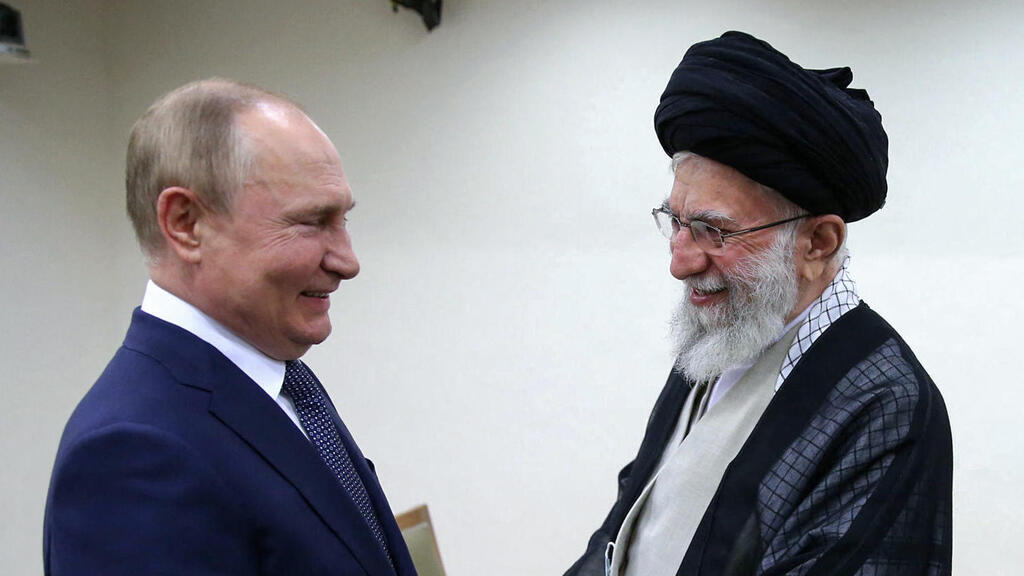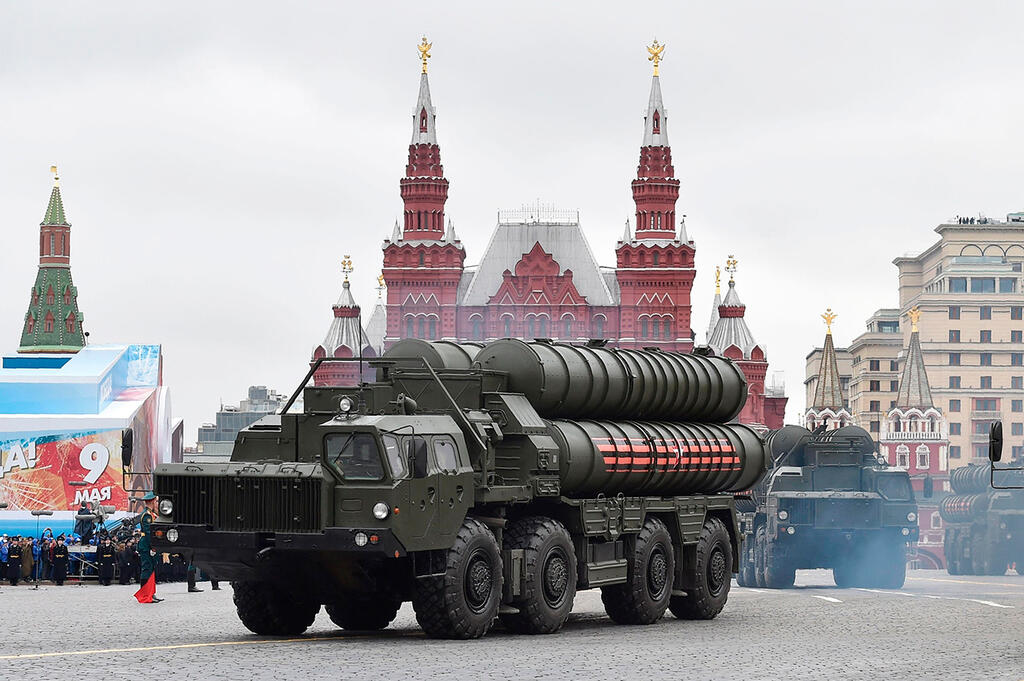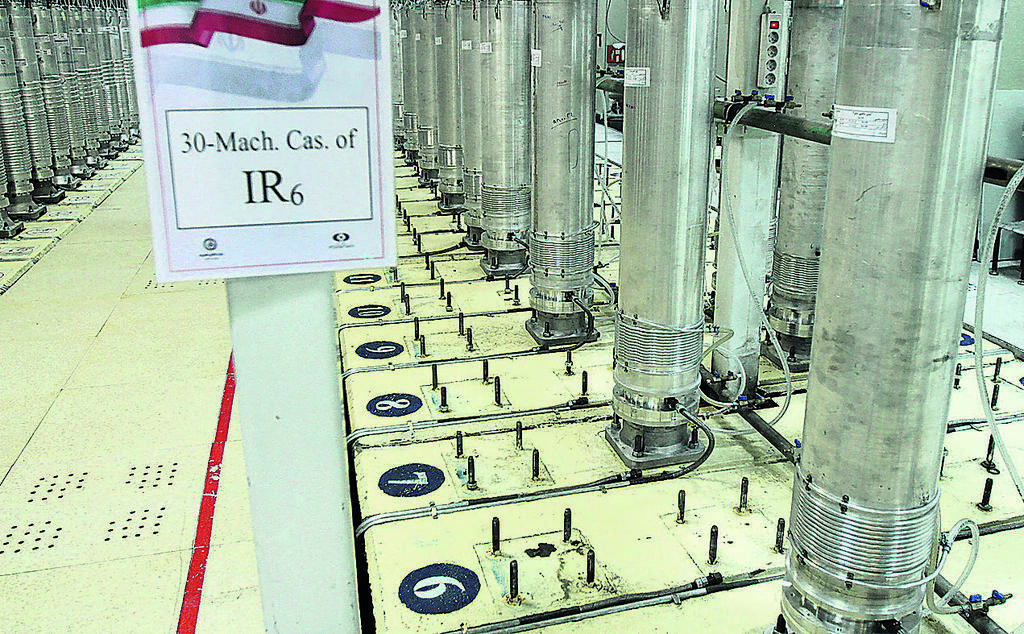Getting your Trinity Audio player ready...
Just before the inauguration of U.S. President-elect Donald Trump and his return to the White House on January 20, Russia and Iran are reportedly planning to publicly sign a comprehensive strategic partnership agreement. The concern in Israel is that this agreement could lead to the transfer of technology that would assist Iran in developing nuclear weapons.
According to reports in Russian media, Iranian President Masoud Pezeshkian is expected to make an official visit to Moscow on January 17, during which he and Russian President Vladimir Putin will sign the agreement, marking a crescendo in the growing closeness between Tehran and Moscow. All this, of course, unfolds against the backdrop of the war in Ukraine and the strengthening of the Russia-North Korea-Iran axis, supported by solid Chinese backing.
On Thursday, the Iranian Embassy in Moscow confirmed the expected visit of the Iranian president to the Russian capital. In an interview on Sunday with the state news agency Russia Today, Russian Foreign Minister Sergey Lavrov addressed the anticipated agreement. "The agreement is intended to legally formalize the unprecedented progress in bilateral relations achieved in recent years and to document their transition to the level of a strategic partnership," he said.
"Naturally, such a comprehensive document also has an international component," according to Lavrov. Among other things, it pays special attention to strengthening cooperation for peace and security on regional and global levels and formalizes Moscow and Tehran's desire for closer collaboration in security, defense, counterterrorism and combating extremism, as well as against other common challenges and threats." Lavrov added that the signing of the agreement "will open additional opportunities for further expanding the Russian-Iranian partnership in various fields."
An Iranian diplomatic source confirmed to the Russian newspaper Izvestia that the agreement would be signed soon. "This is a central event in our bilateral relations," he added. "We have been working on the agreement for several years. The signing is planned for mid-January. We need this agreement, which will outline the basic principles on which the interaction between our countries is based."
The strategic partnership agreement will have many aspects, but naturally many are focusing on its security dimension, which illustrates the tightening cooperation between the countries against the backdrop of the war in Ukraine. Iran is already supplying Russia with short-range ballistic missiles, which Russia uses in its war in Ukraine, and has significantly helped with drones, including assistance in establishing a Russian factory to produce a local version of Iran's Shahed drone.
It is highly likely that, as part of the agreement, Tehran will provide Moscow with an upgraded model of drones to aid in continued attacks in Ukraine. One of the key questions that has arisen is what Russia is offering in return for this Iranian assistance. Among other things, there has been talk of accelerating a deal to supply advanced Russian Sukhoi 35 fighter jets to Iran. According to reports in recent months, Iranian pilots have already been trained in Russia to fly the jets as a preparatory stage for their delivery.
Russia also is likely to provide Iran with technological knowledge related to missile and military satellite production, along with advanced defense systems like the S-400. However, this is uncertain due to Russia's need for these systems in the ongoing war in Ukraine. One of the most concerning issues for Israel regarding the agreement is Iran's nuclear ambitions.
Get the Ynetnews app on your smartphone: Google Play: https://bit.ly/4eJ37pE | Apple App Store: https://bit.ly/3ZL7iNv
Israel fears that the agreement could include the transfer of Russian technological knowledge and possibly even critical components for the production of nuclear weapons, including those related to the manufacturing of nuclear warheads. It is clear that any cooperation in this sensitive area would not be publicly declared. However, such a move could bring Iran significantly closer to crossing the nuclear threshold and achieving nuclear capability, something Israel is determined to prevent.
Ynet commentator Ron Ben-Yishai notes that the two countries have been negotiating this agreement for over six months, possibly longer. Originally, the idea behind the agreement was to push the Americans out of the region and dismantle the Abraham Accords. But that was over a year ago when Russia and Iran thought that through the Gaza war they would divide the Middle East between them.
Today, the situation is entirely different. Iran cannot guarantee Russia control over the Middle East, nor can it produce missiles (due to strikes on its solid fuel facilities). Nevertheless, talks about the agreement have continued, though Russian enthusiasm for it has waned over time.




